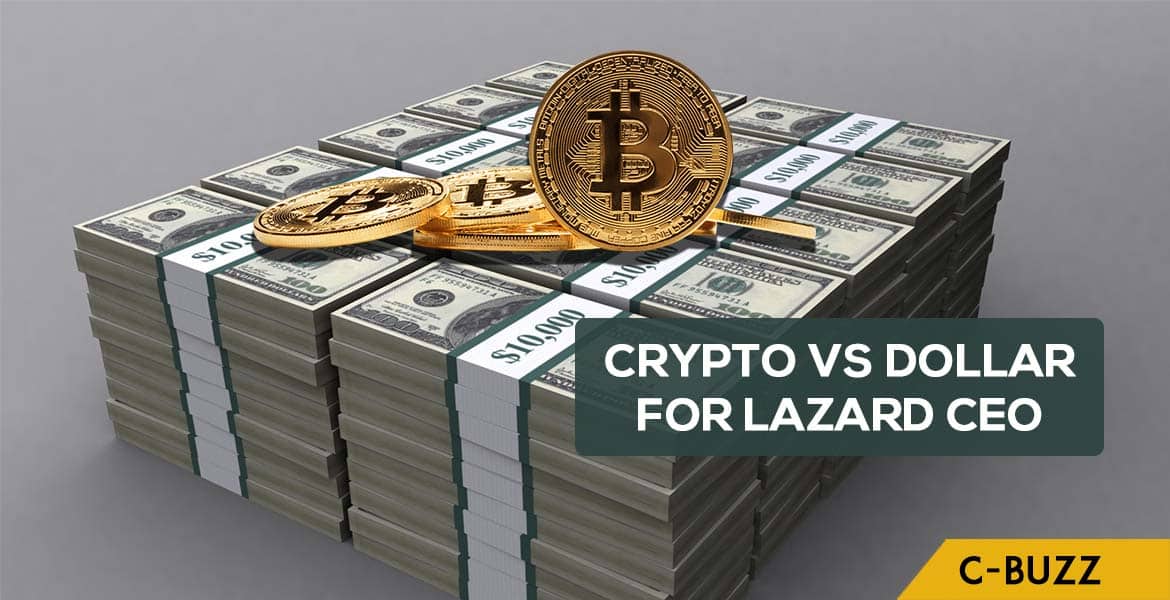The US Dollar could lose its standing as the premier

The US Dollar could lose its standing as the premier global reserve currency, says Kenneth M. Jacobs, the CEO of Lazard, saying that the unilateral approach of the United States towards foreign policies and trades could be responsible for this. This is a status that the greenback has upheld since overthrowing the British Pound Sterling in 1945.
Central banks across the world keep certain selection currencies in reserve for the purpose of international trade and transactions. This action, in accordance to the Bretton Woods accord of 1944 permits these national banks to issue their own local currencies to their citizens in the form of IOUs and repurchase them with such reserve currencies.
The last few years have witnessed the rise of a number of other currencies from the growing economies of the world. The Euro and the Yen have risen in value and competed with the US dollar as several nations now hold them in reserve. China rose as the largest creditor and exporter in the world, and as a result, the Chinese Yuan has been declared as a global reserve currency by the International Monetary Fund (IMF) in 2015.
In 2017, the head of FX strategy at Saxo Bank, John Hardy recognized three main geopolitical issues as sources of pressure on the US dollar that impact its status as the world’s premier reserve currency. They include:
- The ongoing emergence of China as a more prominent power in global trade and financial markets,
- The North Korean regime’s struggle to maintain credibility and untouchability as a nuclear power and how this impacts China-U.S. relations, but also how Japan reacts to this threat in terms of domestic as well as foreign policy,
- The slackening of the U.S.-Europe transatlantic alliance and how Europe and the EU gain their hold as an independent superpower — or not — after the German elections.
The CEO of the $250 billion asset manager Lazard believes that interest in cryptocurrencies is one signal that USD’s status as a reserve currency is fragile.
He said: “To the extent that we have a unilateral foreign policy and unilateral trade policy, we’re sort of tempting the world to find an alternative. Probably the greatest demonstration of soft power is the fact that the U.S. has the reserve currency of the world.”
Still, “there’s enough technology out in the world today with cryptocurrency and changes going on that you can imagine if you let your mind wander a little bit, that something becomes an alternative in the future,” he said.
